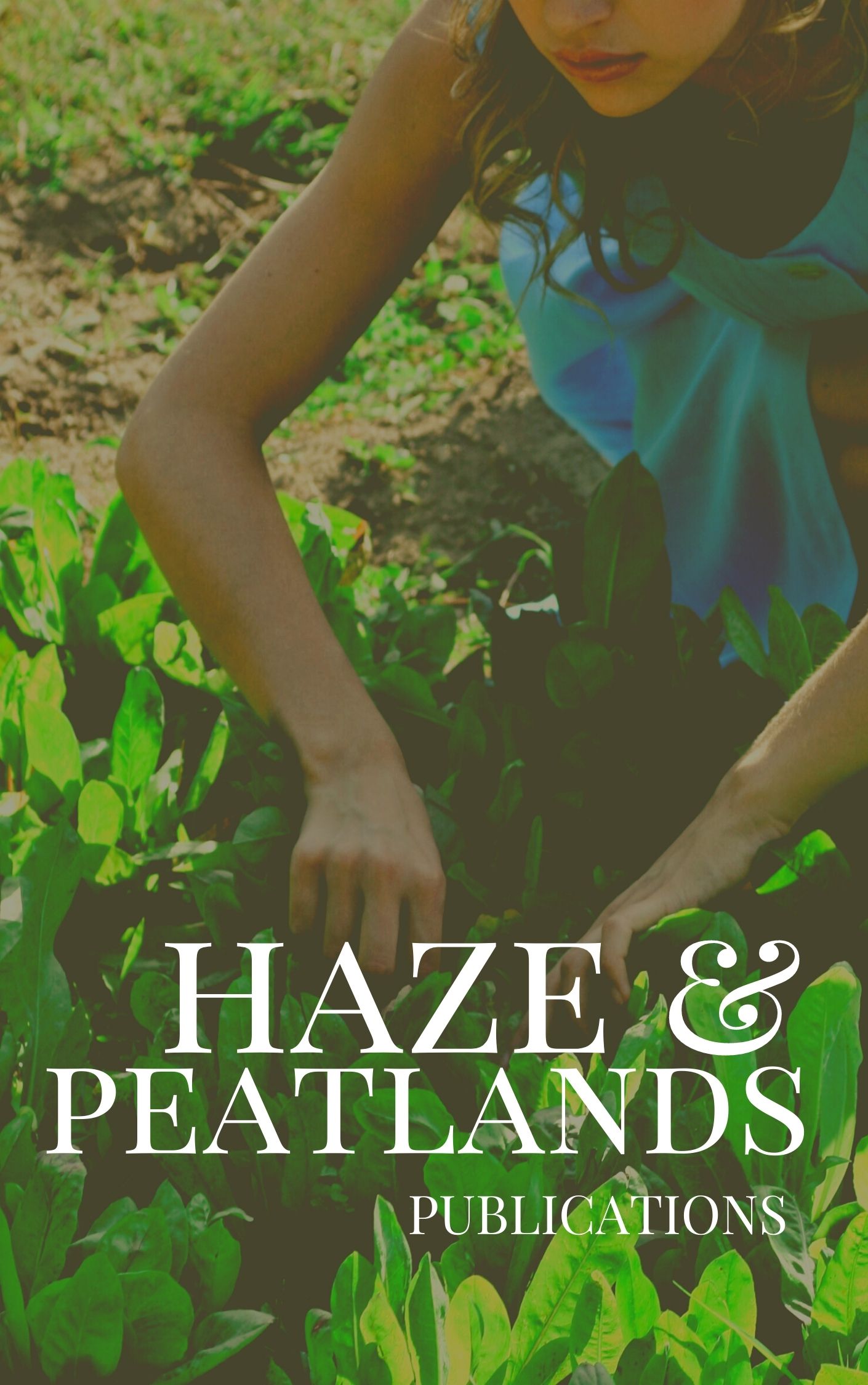Although the V. pubescens tree planting technology research is still in its early phase, the species appears to be appropriate to be grown by swidden farmers in West Kalimantan because of its wood and yield qualities. It also appears to be appropriate to be grown on imperata sites because of its fire resistance. In addition, the species appears appropriate for the culture and the economics of West Kalimantan swidden agriculturists. Considering that there are an estimated 35 million hectares of imperata lands in Asia (Garrity et al. 1996), the possible scope for this technology appears to be wide. If the technology is adapted to the socio-cultural and economic conditions of West Kalimantan farmers, it remains to be seen if it is appropriate elsewhere
View source

